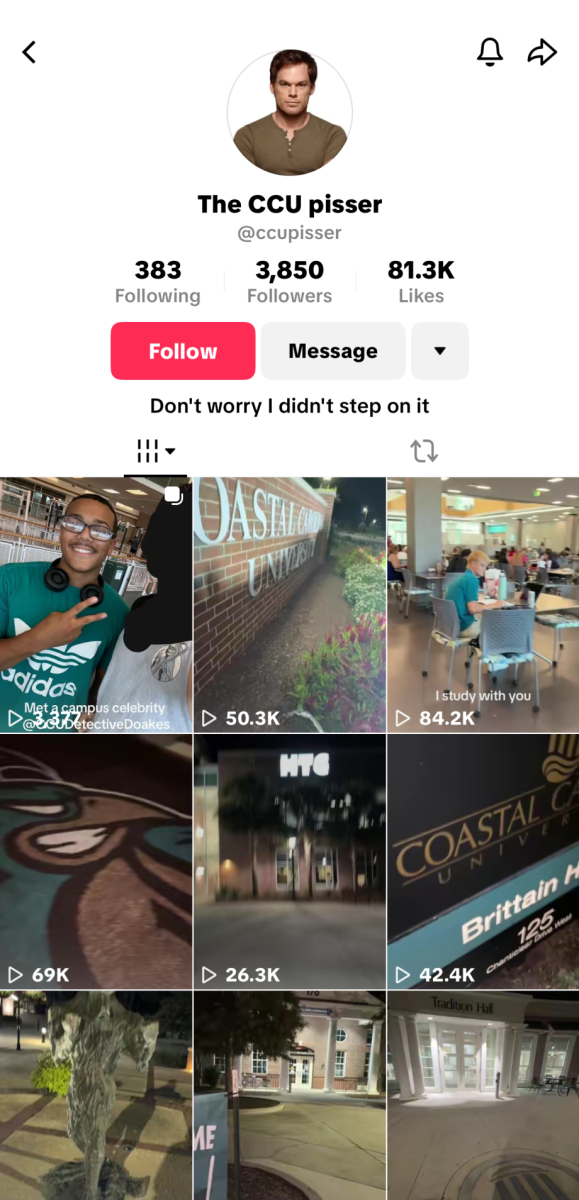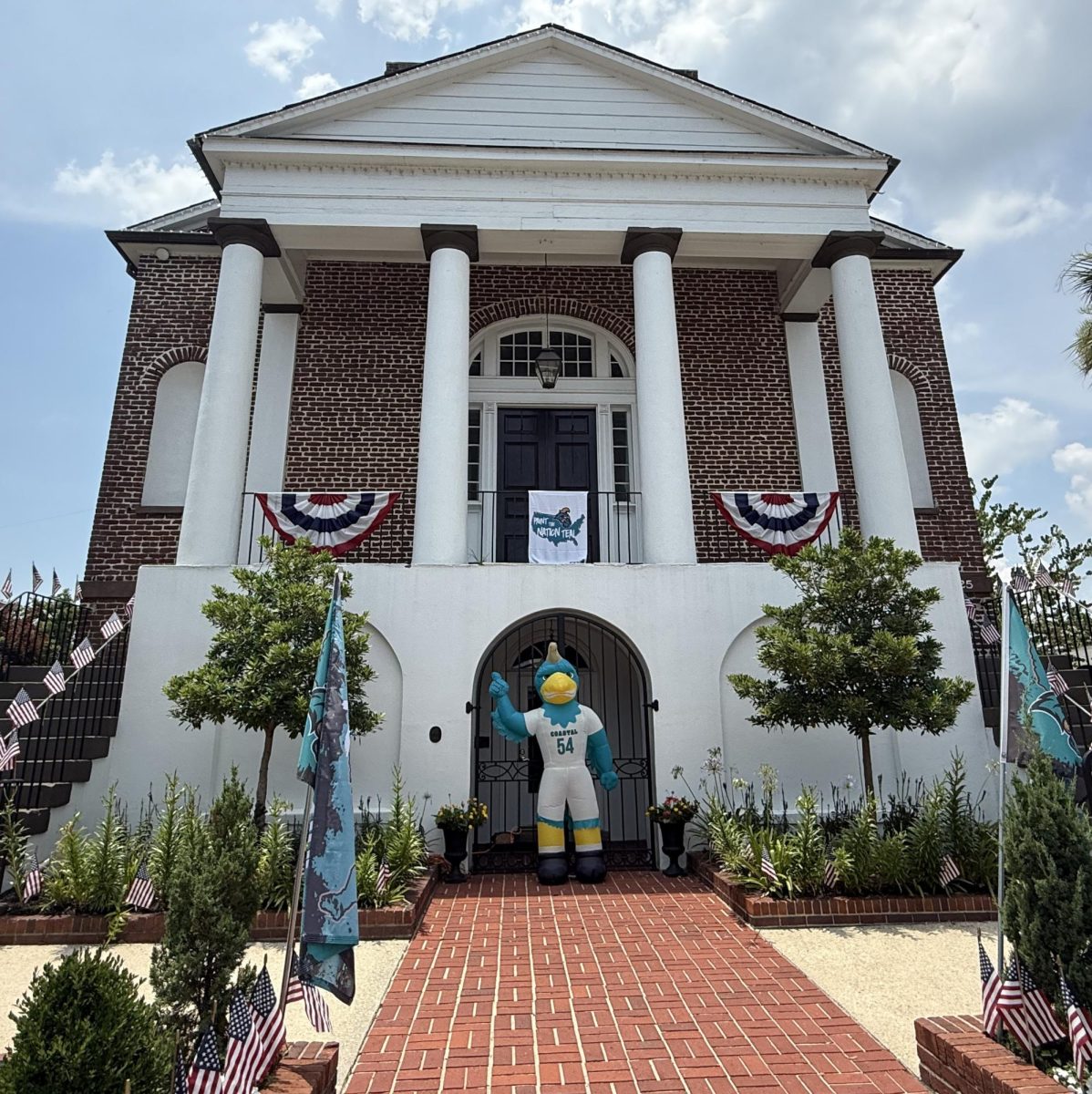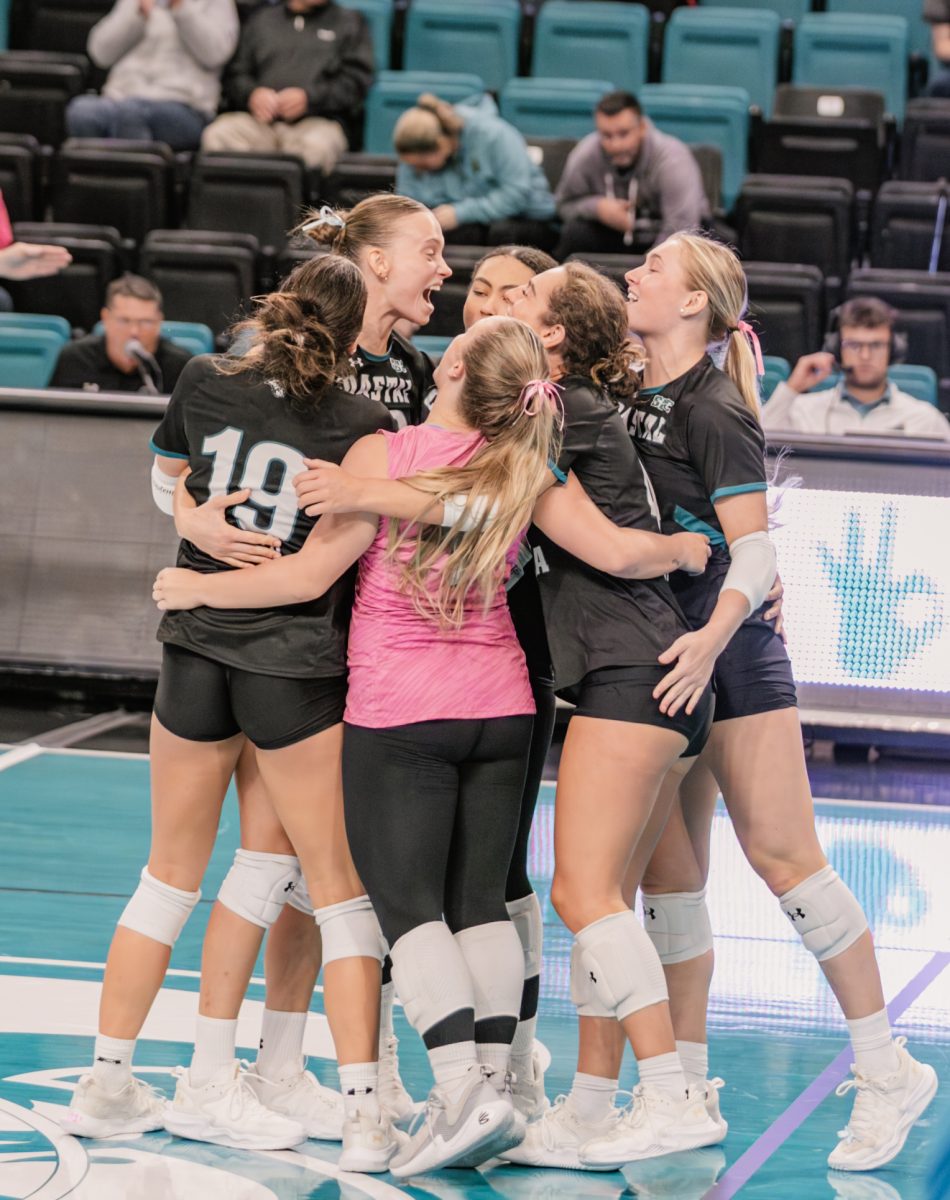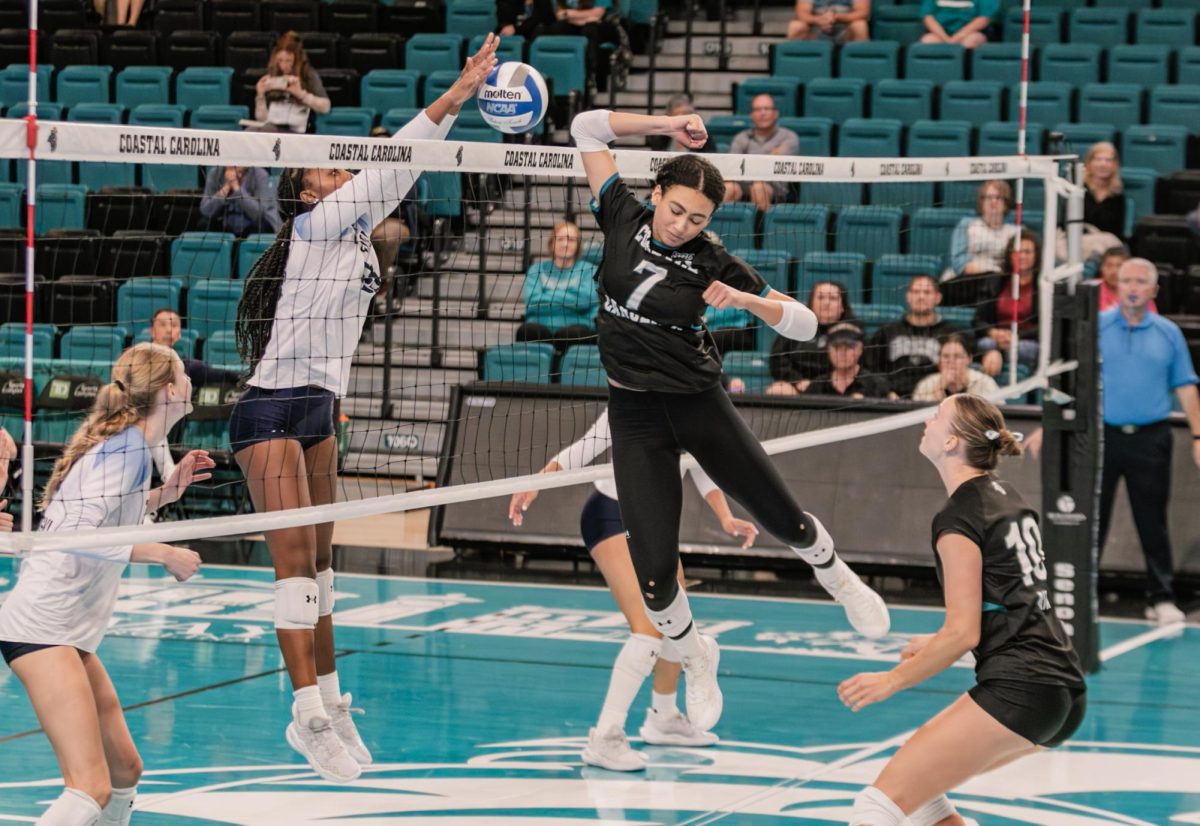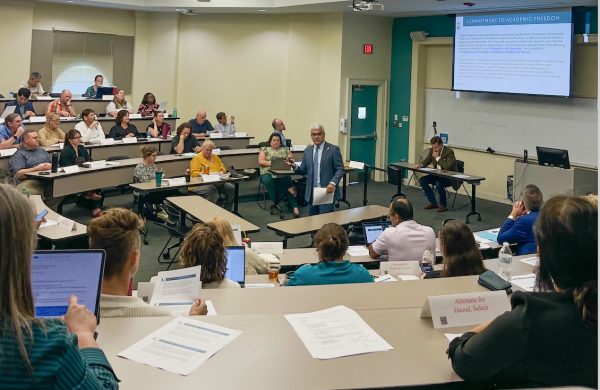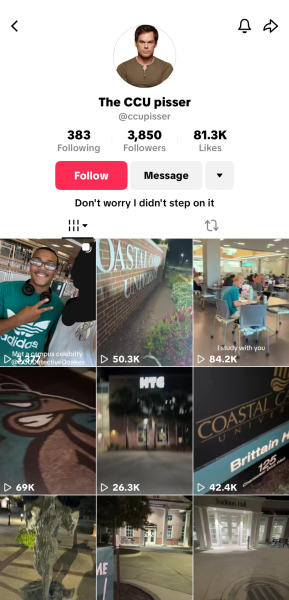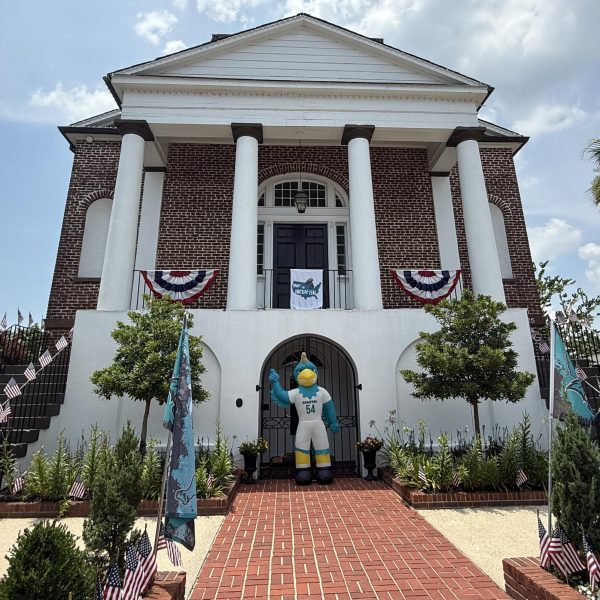Vax to the Max: big money, low participation
More than $70,000 in scholarships have been awarded this fall to students who have uploaded their COVID-19 vaccination cards to CCU’s Vax to the Max Program website, but students have been slow to support the incentive program.
According to Coastal’s website, only 38% of students have submitted their vaccination records since the program was established three months ago.
At the beginning of the 2021 school year, Coastal received millions in federal Coronavirus Aid, Relief, and Economic Security Act (CARES) money. CARES funds were given to universities across the country to use on COVID-19 mitigation. There were restrictions on what the money could be used for, so CCU created the Vax to the Max program, which is designed to offer students incentives to get vaccinated.
Associate Professor Christina Selby, who has a doctorate in communication, helped survey students to discover why they might be hesitant about receiving the vaccination. Selby said they have only done preliminary analyses on the data thus far. According to Selby, the research showed over 70% of students said they were fully vaccinated.
“I am not certain, but my assumption is more students are out there that are vaccinated who are not participating,” said Selby.
There is speculation as to why students might be fully vaccinated but refusing to participate in the Vax to the Max program, but nothing is confirmed yet. For 10 weeks across both the fall and spring semesters, the program awards four $2,500 scholarships each week. The program’s incentives include 80 of those scholarships and two full-ride scholarships that cover one semester of tuition, room and board.
Megan Hood, a CCU junior, said she thinks there might be a couple of reasons why students don’t want to register for the program.
“I think that because the probability of winning is so low, because the prizes are so big, that maybe if they were smaller things that they gave away more of, it would help,” Hood said.
However, Hood also believes people can be stubborn and just not care about the program nor being vaccinated.
LiveWell Office Director Lee Carter, who has a doctorate, participated in the creation of the “We Will” campaign last fall. This campaign was targeted at increasing people’s motivation to follow COVID-19 guidelines. She said they discovered that campaign worked for students.
“We found that it was successful; people who had seen campaign messages were more likely to wear masks in public and have positive perceptions of masks,” Carter said.
Although Selby said her research team still needs to fully analyze the data, they do know that students are getting vaccinated, which is the ultimate goal.
“What the survey data does tell us is that the part of the goal is to encourage vaccinations on campus, and our data is showing there is a higher degree of vaccinated students than we may have thought, which is good,” Selby said.
There are three weeks left for fall Vax to the Max scholarship winners. The two grand prize winners will be announced Dec. 6.

